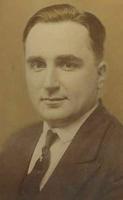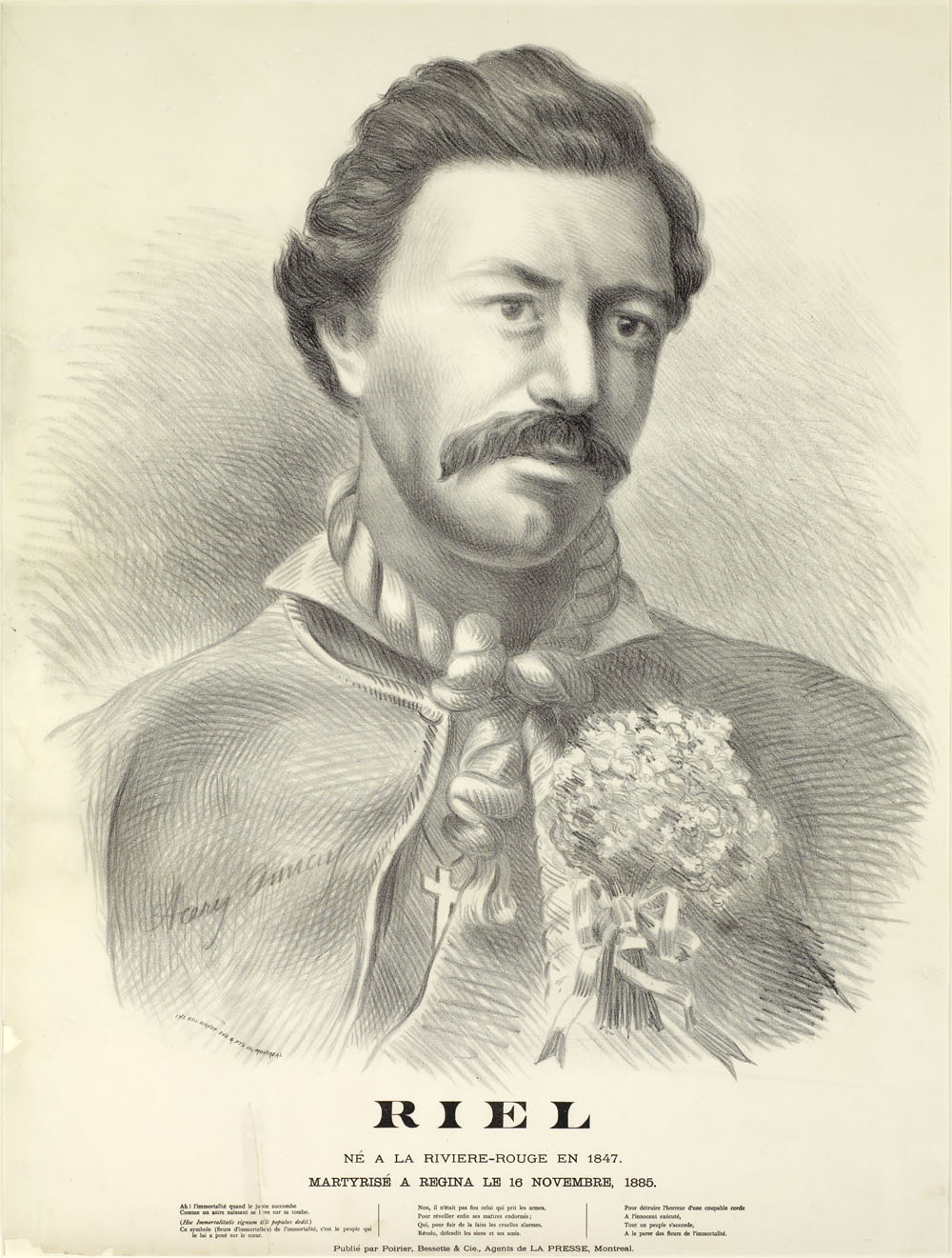
Auger, Louis Mathias
Louis Mathias Auger, politician, journalist (b at Contrecoeur, Qué 3 Apr 1902; d at St-Joseph de Chambly [now Carignan], Qué 6 Mar 1966).
A native of Contrecœur, Qué, Louis Mathias Auger was the son of Louis Auger, a grocer, and Alphonsine Cusson. In the early 1900s, like many other French Canadian families who hoped to improve their situation, the Augers moved to New England, where Louis Mathias began his schooling. In 1912, the Auger family returned to Canada, settling in Hawkesbury, Ont. Young Louis, then 10 years old, continued his studies at a Catholic elementary school, and later in Ottawa, at the University of Ottawa's secondary school.
A brilliant and very promising student, Louis Mathias Auger completed his education at the University of Ottawa with a bachelor in philosophy in 1923 followed by a bachelor of arts with great distinction in 1924. He also won several medals of merit, including a gold medal from the Saint-Jean-Baptiste Association of Ottawa (1920), a bronze medal from the Saint-Jean-Baptiste Society of Montréal (1922), and a gold medal from the Association canadienne-française d'éducation d'Ontario (1923). In 1924, Auger became the deputy provost at the University of Ottawa, where he taught French, history, mathematics and writing.
One year later, Auger began his political career. As an independent Liberal, he was elected as a federal Member of Parliament for Prescott on 14 Sept 1926, thus becoming at 24 the youngest MP in the House of Commons. The admiring press gave him the nickname the "Baby of Parliament" and his constituents labelled him the "Boy Orator."
While still in Ottawa as an MP for Prescott, Auger enrolled in law school at Osgoode Hall in Toronto. In February 1929, during Auger's mandate in the House of Commons, Laurence Martel, a girl of seventeen who had come to Auger to ask for help in finding clerical work with the government, accused him of rape. Once formally accused, Auger resigned his position as MP on 21 Mar 1929. After a series of five non-conclusive trials from 1929 to 1930, Auger was found innocent of the rape charge, but declared guilty of seduction. He received the maximum sentence of two years, and was incarcerated at the federal penitentiary in Kingston. To trace the significant events that took place in 1929 within the walls of Parliament in Ottawa see the 2007/2008 studies by lawyer Constance Backhouse: "Calculated to Reflect on the Dignity of Parliament": Rape in the House of Commons, Ottawa 1929, and Rape in the House of Commons: The Prosecution of Louis Auger, Ottawa, 1929. In 2006, Marguerite Andersen wrote an account of historical fiction, Doucement le bonheur (Sudbury, Prise de parole), and a play, Le Témoin, in 2007.
After his release and return to Prescott County, Auger attempted to get back into politics, but was defeated on two occasions. He was, however, able to work for his community in municipal politics as mayor (1936-37), and in the interim, as editor/publisher for the newspaper Le Peuple.
In 1937, Louis Auger settled in Montréal. He was defeated as a provincial candidate, but held various duties as a teacher and bookseller. Still committed to serving his fellow citizens, he established "Le Palais du livre," a mobile library, in the Montréal neighbourhood of St-Henri. He was also a munitions inspector, and a writer for the paper La Patrie.
Louis Auger was married to Bernadette Goyer from 1934 to 1946. He then became a widower and moved to Chambly, where in 1947 he married Marie-Berthe Villemaire. The couple had four children: Françoise, Anne-Marie, Louis III and Hyacinthe. From 1955 to 1959, Louis Auger returned to the municipal stage as mayor of Saint-Joseph-de-Chambly. He then worked in real estate, and for twelve years until his death he held the position of president of the Chambly Saint-Jean-Baptiste Society.
A man of great culture, dedicated to his community, and concerned with the cause of the French in Canada, Louis Mathias Auger succeeded in re-establishing himself and overcoming a number of obstacles through his resilience and determination. He died in Carignan, Qué on 16 Mar 1966, at the age of 63. Some years after his death, his son Hyacinthe donated more than 400 historical volumes, including the complete works of Canon Lionel Groulx (fonds Louis Auger), to the Chambly Historical Society.

 Share on Facebook
Share on Facebook Share on X
Share on X Share by Email
Share by Email Share on Google Classroom
Share on Google Classroom


